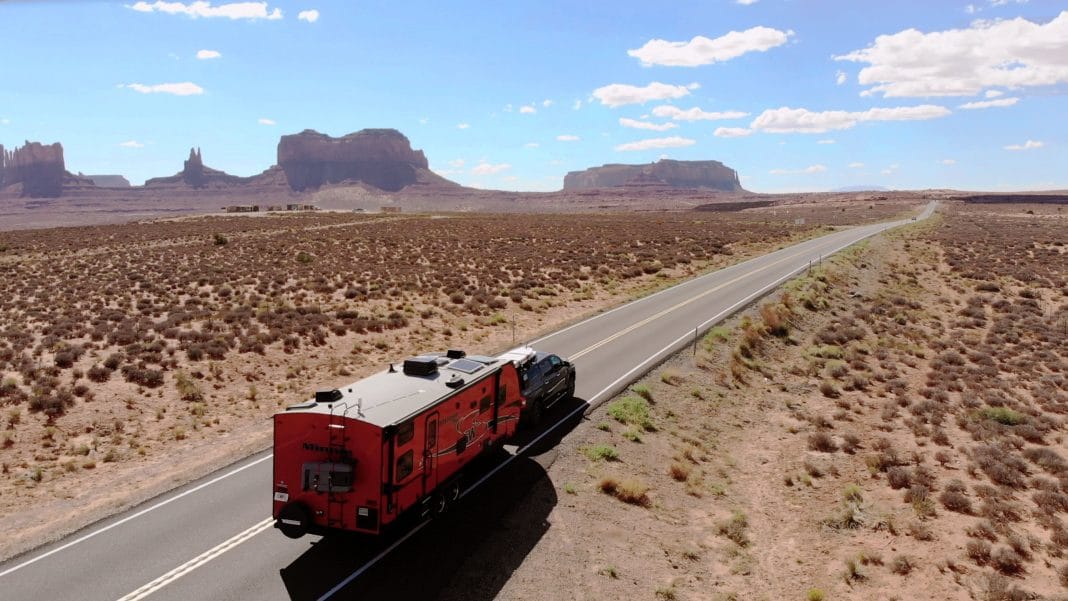Owning an oversized vehicle in Burbank, Calif., just got a lot harder. According to a report by the Burbank Leader, the City Council this week adopted a plan that would force drivers of non-commercial vehicles longer than 22 feet or taller than 8 feet — which would include most recreational vehicles, trucks with campers or trailers, even raised pickups — to get a daily $5 permit for parking on residential streets or face a $55 citation.
Even those who have a permit will also be prohibited from parking within 80 feet of any intersection in a residential neighborhood under the new rules.
The ordinance has been almost six years in the making, said traffic engineer Ken Johnson, and began as an effort to address complaints of people living in recreational vehicles and parking them on residential streets — a practice prohibited by state and city law.
“The whole six-year process was implemented to chase away 10 to 15 RV’s not doing what they’re supposed to be doing,” Johnson said. “I doubt seriously if it’s going to be a big deal, as not that many machines are going to be on the street.”
For now, drivers will also have to either mail in or pay in person to obtain the permit at the downtown police station as officials work to create an online payment system — a move that Traffic Commission Chairman Brian Malone said was “unnecessarily labor intensive.”
City officials assured the City Council that online payments would be available for all city permits in the fall.
The criteria for requiring a vehicle to post a permit will continue to be worked on, and the city will eventually produce a complete list of vehicles that may be subjected to the new rules, Johnson said. Enforcement will be driven by complaints, and Johnson did not foresee raised pickup trucks, for example, as a target for citations.
Complicating matters are the hours of operation for the city’s permit counter, which is open from 8 a.m. to 4 p.m.
Malone urged officials to expedite the process, arguing that permits should be easily attainable, and that motorists should be able to pay fees online or over the phone at any hour.
City officials said fears of late-night tickets and lack of availability for obtaining permits were unfounded.
“We have been issuing permits since the process was implemented in June 2010 and [distributed] 150 permits,” Johnson said. “None of them have been at midnight, and I don’t think that will be a common occurrence.”
Daily permits will be issued for only three consecutive days, but vehicle owners can apply for 96 “permit days” each calendar year.
City officials plan to develop a list of vehicles that may be affected by the permit requirements as they implement the new system.
“We’ve developed an interim process that we know is not perfect and not the end game,” said Public Works Director Bonnie Teaford. “But we hope to all be there by fall of 2011.”


